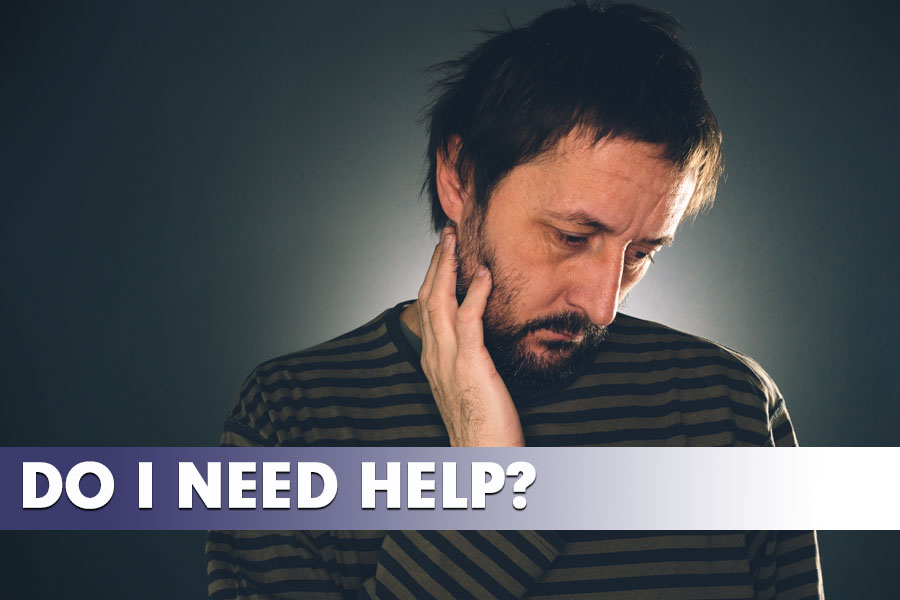For some people, questions about addiction are never a thought. For others, there may be a point in time when you have asked yourself “Do I (or someone I love) have a problem with addiction?”. The answer to this question can sometimes be clear, and other times difficult to find. If you find yourself asking this question, more than likely the answer is yes. Let us take an in depth look at what addiction is to help answer this question.
The American Psychiatric Association created the Diagnostic Statistic Manual for Mental Disorders (DSM) that outlines the symptoms of addiction, or what they refer to as “Substance Use Disorder”. They explain that an addiction may be present when multiple mental, behavioural, and physiological symptoms are shown in an individual. Specifically, the following list are symptoms of addiction:
· Increased amounts of the substance of choice are taken over a longer period
· Attempts to control, cut down, or stop usage of the substance have been unsuccessful
· Increased amount of time obtaining, using, or recovering from use
· A powerful desire or sense of compulsion to take the substance, otherwise known as a craving
· An inability/failure to meet role expectations at work, school, or home
· Social or interpersonal problems caused by or worsened by substance use
· A decreased amount of time spent engaging in otherwise pleasant activities
· Continued substance use that is physically dangerous for the individual
· Continued substance use despite knowledge of physical or psychological problems that are likely caused or worsened from substance use
· Evidence of tolerance, where an increased amount of the substance is needed to experience the effects of the substance, or a reduced effect is experienced when a usual amount is taken
· Evidence of withdrawal, where each substance has their own distinct withdrawal features
The DSM not only outlines what a substance-related addiction entails, but also other non-substance-related addictions, such as gambling.
After asking and answering the question of if an addiction exists, this may lead to questions such as "how bad is the problem?” and “will this problem ever end?”. The severity or 'how bad' the addiction can be seen with an increased number of symptoms. No matter how bad, addiction symptoms still need to be addressed.
So now what?
The goal of reaching a life of sobriety may seem out of reach. The goal, like other disorders that an individual can be diagnosed with, is to reach remission. We call that recovery. Recovery is a point where the symptoms are no longer present in the individual. The more severe the addiction, the more symptoms to address. Therefore, recovery is a process. As nice as it would be to wave a magic wand and make all the problems go away, sometimes breaking up the problem into smaller pieces makes the task of sobriety easier. We also know about the importance of detox, to help with symptoms such as withdrawal.
If you have asked yourself any of these questions you may have also asked yourself “how do I (or my loved one) stop?”. By taking the time to answer earlier questions you have already started on the road to recovery. The next steps may include talking to a loved one, talking to a professional, calling the helpline, or researching your options. The path to recovery and addressing symptoms looks different for everyone. We are here to help you figure out and support the path that will work for you or your loved one to address these symptoms.
Kimberly, Addictions Counsellor

